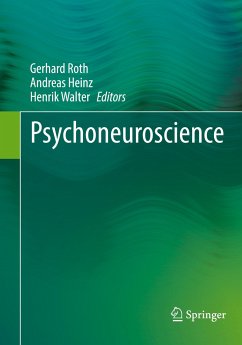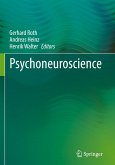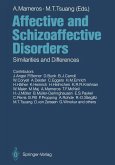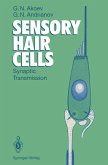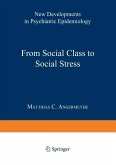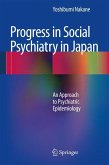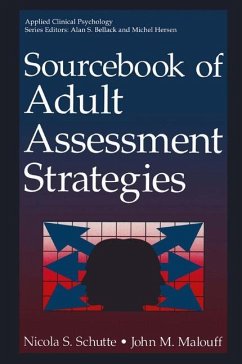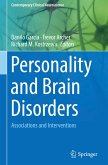The textbook builds a bridge between the "neurosciences" (theoretical and experimental neurobiology, neurology) and the "psychosciences" (psychology, psychiatry, psychotherapy) and aims to help provide the other disciplines with the most important and scientifically validated knowledge in an understandable form.
The question of how mental experience and brain processes relate to each other has long been considered mysterious. In this book you will learn, based on the latest scientific findings, that the two areas form an indissoluble unity, even if we experience and study them differently. We present this unity in concrete terms in psychological-neurobiological theory and psychiatric-psychotherapeutic practice. We treat the principles of neurobiological excitation and information processing, the structure and function of the limbic system, the development of the personality and the interaction of genetic-epigenetic factors and prenatal and postnatal environmental influences, which may be favourable or unfavourable. On this basis, the exemplary presentation of important mental disorders such as addictive disorders, schizophrenic disorders, affective disorders and anxiety disorders takes place. Finally, following in the footsteps of the eminent psychotherapist Klaus Grawe, the concept of "neuropsychotherapy" is introduced and it is shown why psychotherapy and neurobiology belong together and can enrich each other. Our psychoneuroscientific approach paints a picture of man that is not based on opposites, but on an integration of psyche, brain, behavior and experience.
The question of how mental experience and brain processes relate to each other has long been considered mysterious. In this book you will learn, based on the latest scientific findings, that the two areas form an indissoluble unity, even if we experience and study them differently. We present this unity in concrete terms in psychological-neurobiological theory and psychiatric-psychotherapeutic practice. We treat the principles of neurobiological excitation and information processing, the structure and function of the limbic system, the development of the personality and the interaction of genetic-epigenetic factors and prenatal and postnatal environmental influences, which may be favourable or unfavourable. On this basis, the exemplary presentation of important mental disorders such as addictive disorders, schizophrenic disorders, affective disorders and anxiety disorders takes place. Finally, following in the footsteps of the eminent psychotherapist Klaus Grawe, the concept of "neuropsychotherapy" is introduced and it is shown why psychotherapy and neurobiology belong together and can enrich each other. Our psychoneuroscientific approach paints a picture of man that is not based on opposites, but on an integration of psyche, brain, behavior and experience.

